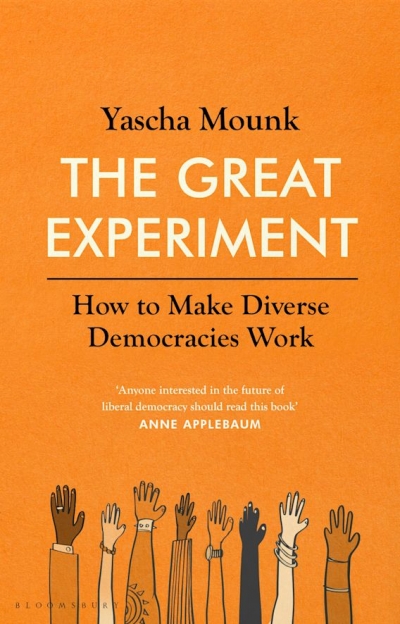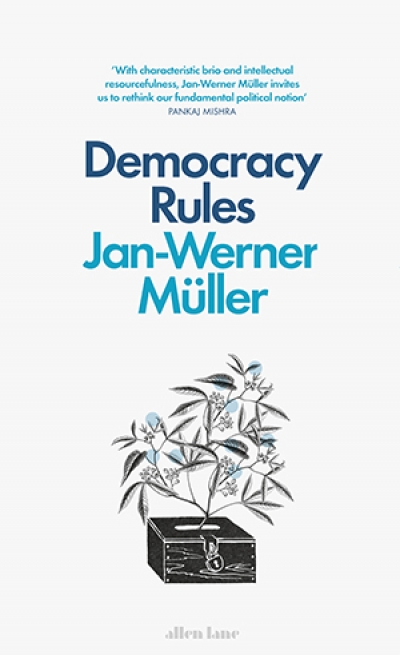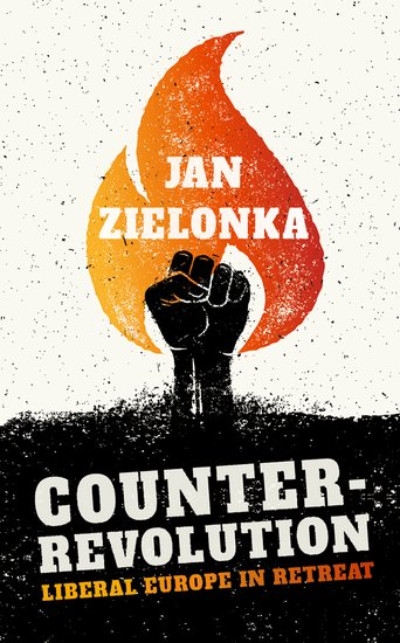Ben Wellings
The Great Experiment: How to make diverse democracies work by Yascha Mounk
by Ben Wellings •
Englishness: The political force transforming Britain by Ailsa Henderson and Richard Wyn Jones
by Ben Wellings •
Counter-Revolution: Liberal Europe in Retreat by Jan Zielonka
by Ben Wellings •




